European International Conference on Transforming Urban Systems (EICTUS-2019) Strasbourg - France
European International Conference on Transforming Urban Systems (EICTUS-2019)
26 – 28 June 2019
Université de Strasbourg, France
https://eictus-2019.sciencesconf.org/
CALL FOR ABSTRACTS – Submission deadline 15 March 2019
Dear Colleagues,
On behalf of the “Zone Atelier Environnementale Urbaine (ZAEU)” Université de Strasbourg - France, we are highly delighted to invite you to submit your abstract and participate in the European International Conference on Transforming Urban Systems (EICTUS-2019), which will be held from 26 – 28 June 2019 at Université de Strasbourg, France.
Major conference themes are as under:
• Sustainable cities
• Urban metabolism and sustainability
• Urban ecology and eco-services
• Urban land-use, development and planning
• Urban climate, risks, resilience, vulnerabilities and adaptation
• Energy resources, sustainable urban energy productions and supplies
• Urban mobility, sustainable and innovative urban transport systems
• Urban pollutions (air, water, soil) and reduction strategies
• Urban risks, remediation and protection strategies
• Urban economy and cost-effectiveness strategies
• Other inter-disciplinary topics related to urban transition
Abstract submission: You are warmly invited to submit a 300 to 500 words summary of your work on or before 15 March 2019.
For further details, please visit the website of the conference: https://eictus-2019.sciencesconf.org/
We warmly invite you in the incredibly diverse city of Strasbourg for a stimulating and enjoyable EICTUS-2019 to share the knowledge and to learn and develop the network for future research.
With best regards from France,
Dr. Nadège BLOND
Conference Chair
Dr. Sandrine GLATRON
Directrice ZAEU
Dr. Sajjad Hussain SAJJAD
Organizing Chair
Call for Nominations for the Election of the President of the Regional Science Association International 2020-2021
Dear Members of the Regional Science Association International,
Following the Constitution of our Association, in 2019 RSAI is expected to elect its President Elect, due to succeed to Mark Partridge from 2021. According to By-Law 5.a:
“The RSAI President shall be elected by the Council for a two-year term and confirmed by a vote of the entire active membership of the Association. To canvass suitable candidates for nomination, the Council establishes a “Nomination Committee” comprising the RSAI President, the RSAI Immediate Past-President, three members of the RSAI Council (one each from among the council members who are appointees of the three superregional organizations), and two members of the Long Range Planning Committee (LRPC) recommended by the LRPC itself”.
The Nomination Committee has been nominated at the RSAI Council meeting in San Antonio, and is composed by Mark Partridge (Chair), Budy Resosudarmo, Neil Reid, Rachel Franklin, André Torre, Eduardo Haddad, Geoffrey Hewings, and Kingsley Haines. The committee proposed the Executive Director to launch this Call for Nominations of Candidates for the Election by the RSAI Council of the President of the Regional Science Association International 2021-2022.
RSAI members from LARSA who wish to propose their candidature for the Presidency of the Regional Science Association International may submit their proposal to This email address is being protected from spambots. You need JavaScript enabled to view it. within May, 15th 2019. Candidatures should contain the following documents:
- A two-page CV and a Picture;
- A two-page statement on the motivations for applying as RSAI President and a discussion of the plans for the future strategy for the RSAI.
The Nomination Committee will then nominate the candidates to be voted on-line by the Members of the Council. Results will be diffused through RSAI News and on the RSAI webpage.
Best regards,
Jönköping International Business School (JIBS) is looking for up to three doctoral students in economics
JIBS is one of four schools within Jönköping University. We offer an international and team-oriented workplace with competitive education programs, across bachelor, master and doctoral levels, as well as a thriving research environment and many opportunities for personal development. JIBS has three guiding principles: international at heart, entrepreneurial in mind and responsible in action. Our mission is to advance the theory and practice of business, with specific focus areas in entrepreneurship, ownership and renewal. At JIBS, we have the following research centers: Center for Entrepreneurship and Spatial Economics (CEnSE), Center for Family Enterprise and Ownership (CeFEO), and Media, Management and Transformation Center (MMTC). As a doctoral student you have the option to be affiliated with one or more of these centers.
Economics is one of the largest disciplines at JIBS and is globally known for excellence in research and teaching and for its strong international profile. Current strengths in research in economics at JIBS include (i) innovation, entrepreneurship, industrial dynamics and growth, (ii) urban and regional economics, (iii) international trade, (iv) labor market outcomes, (v) firm dynamics, (vi) development economics, and (vii) corporate governance, firm performance and institutional conditions.
For more information about research at JIBS, please visit www.jibs.se, where you can also read more about our PhD program.
Working tasks
We offer a full-time position that is fully financed. Most of your time will be devoted to your doctoral studies (80%) which includes coursework (120 credit points, ECTS) and writing a doctoral thesis (120 credit points, ECTS). The course work includes both mandatory courses in macro- and microeconomics, econometrics, and classics in economics, and elective courses depending on the topic of your thesis. The remaining time (20%) is allocated for teaching and administrative tasks. There are also opportunities to take additional courses in pedagogics for higher education.
As a doctoral student you will work independently as well as in teams.
Qualifications
As an applicant you should hold a master’s degree in economics or have acquired the corresponding knowledge in some other way, by the time the employment starts. The applicant is required to have at least 90 credit points in economics and at least 15 credit point in statistics (or the equivalent). The main language of research and teaching at JIBS is English. You must be fluent in both written and spoken English to be eligible for our doctoral program.
Prior research, teaching and/or professional experience are meritorious, as is an ability to communicate effectively with different stakeholders in and around the university environment. We seek candidates who have the ambition to pursue an international research career and wish to combine a high level of scholarship with policy-making and/or practical relevance.
For more information: https://ju.mynetworkglobal.com/se/what:job/jobID:253565/where:4/.
ERSA2019 Call for Abstracts (and) papers: Submit now!
|
Internship opportunity with UN-Habitat headquarters: Urban Planning and Design Lab
Dear UNI partners,
Do you have knowledge or interest in collaborating with UN-Habitat? Particularly in the development of concrete urban planning and design projects?
We are looking for an intern to support us in the Urban Planning and Design Lab!
Under the Supervision of Urban Planning Expert from the CPEDU the intern will:
- Support the designated programme (City Planning, Extension and Design Unit, Urban Planning and Design Lab) in the development of concrete urban planning and design projects, urban plans, workshops, trainings, Charrettes and different tools to promote urban planning and design.
- Assist in the development of UN-Habitat/UPDB urban planning policy documents, guidelines, information materials, presentations through identification and review of relevant publications and documents, drafting and commenting on documents, and assisting in producing information materials.
- Perform other duties as assigned by the supervisor.
Do you want to find out more? Click the link below:
https://careers.un.org/lbw/jobdetail.aspx?id=112047&Lang=en-US
Call Practical GE Modelling Course, 9-13 September 2019, WIFO, Vienna
Practical GE Modelling Course
Dates: 9-13 September 2019
Venue: WIFO, Arsenal, Objekt 20, A-1030 Vienna.
The Centre of Policy Studies (CoPS) in collaboration with the Austrian Institute of Economic Research (WIFO) offers an intensive one-week course introducing participants to computable general equilibrium (CGE) modelling with GEMPACK software.
Outline
The course focuses on a typical single-region applied general equilibrium model: the ORANI-G model of the Australian economy. Variants of the ORANI model of the Australian economy have been used extensively for policy analysis in Australia for more than two decades. ORANI-G, a generic version of ORANI, has been used to model the economies of more than 30 countries around the world.
The course aims to introduce participants to the ideas and techniques of CGE modelling, and to equip them to start using, adapting or constructing CGE models for their own simulations. By the end of the course, participants will have acquired thorough knowledge of:
- the theory underlying CGE models;
- the basic structure of a typical CGE model;
- the representation of applied GE models in the notation used in GEMPACK;
- the data requirements of a typical single-country CGE model;
- checking that the equations and data of a model are implemented correctly on the computer;
- formulating exogenous scenarios;
- computing simulations for policy analysis and interpreting and reporting results.
The course program consists of lectures integrated with a sequence of practical computer exercises using GEMPACK. This provides a strong emphasis on learning through analysis of stylized simulations including a rise in wages, an increase in government spending or a change in applied tariffs. The course will be taught by the world-leading CGE modellers from the Centre of Policy Studies.
The course should appeal to
- those needing background to work with, or understand results from, a typical CGE model like ORANI-G;
- those wishing to use the theory of ORANI-G with GEMPACK for a model of a country other than Australia;
- those wanting to understand current policy issues in the context of a formal economy-wide system.
Course Fees (€)
|
Full |
15% discount CEEC |
20% discount 2+members/institution |
|
|
Academic or student |
2 400 |
2 040 |
1 920 |
|
Government |
3 200 |
2 720 |
2 560 |
|
Private sector |
4 500 |
3 825 |
3 600 |
The fee covers course materials (including software), morning and afternoon teas and 5 lunches. It does not cover accommodation, breakfast or dinner.
Registration and Payment
Registration is done through CoPS. Please send an email to Louise Pinchen (This email address is being protected from spambots. You need JavaScript enabled to view it.) stating the name, organisation and email for all those wishing to register.
Payment should be made directly to WIFO in Euro using bank details at right once your registration has been acknowledged.
Account name: Österreichisches Institut für Wirtschaftsforschung
Bank name: UniCredit BankAustria AG
IBAN AT77 1100 0004 7149 4500
BIC BKAUATWW
Account No. 471494500
Currency EUR
More information
For more information please visit the Practical GE Modelling course page http://www.copsmodels.com/pgemc.htm.
Winner 2019 RSPP Annual Paper Award For the Best Paper in Regional Science Policy and Practice
RSPP Annual Paper Award
For the Best Paper in Regional Science Policy and Practice
Winners 2019
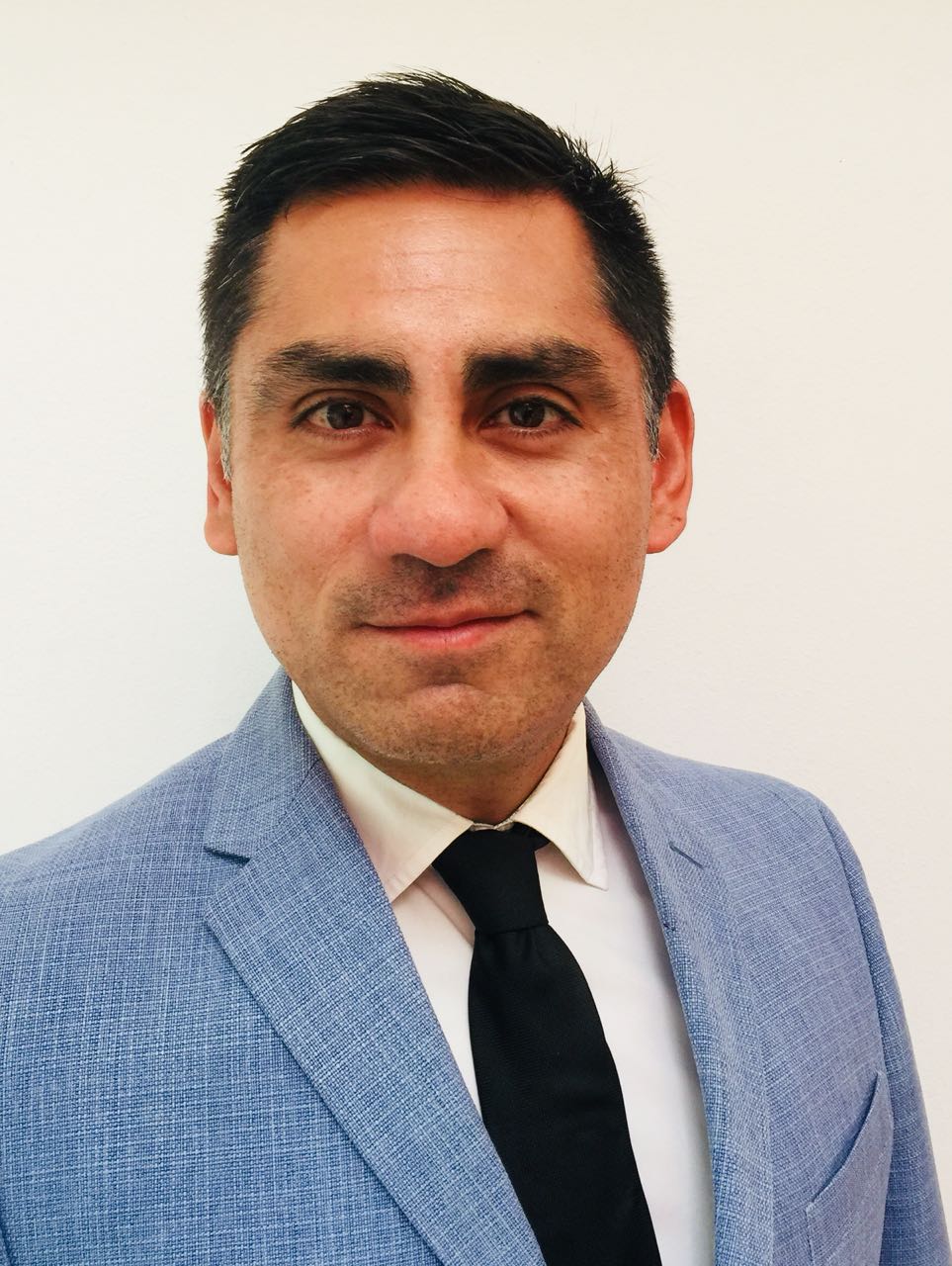
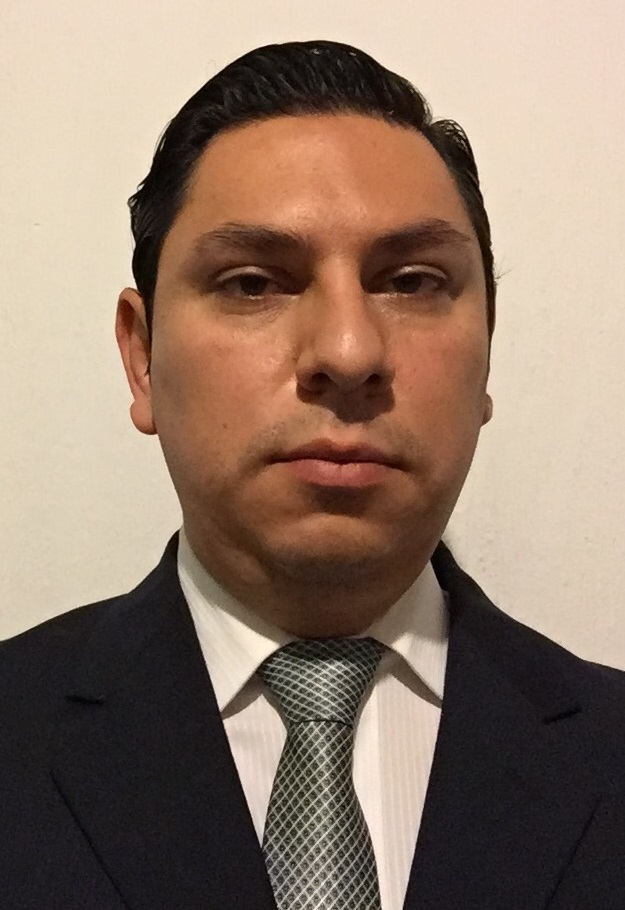
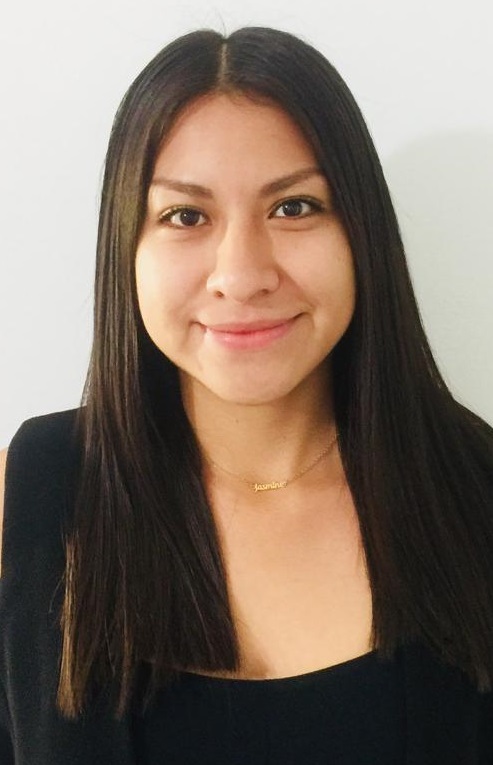 Manuel Gómez‐Zaldívar, Marco T. Mosqueda and J. Alejandra Duran (2017) - Localization of manufacturing industries and specialization in Mexican states: 1993–2013: 1993–2013. Regional Science Policy & Practice 9 (4), 301-315
Manuel Gómez‐Zaldívar, Marco T. Mosqueda and J. Alejandra Duran (2017) - Localization of manufacturing industries and specialization in Mexican states: 1993–2013: 1993–2013. Regional Science Policy & Practice 9 (4), 301-315
"The paper is a nice and complete package. An accepted methodology thoughtfully applied to a national economy to review shifts in sectoral or regional shares. It is an enlightening Policy & Practice entry-level paper for a bright student to get his/her feet wet with this general topic."
The Annals of Regional Science, Vol. 62, Issue 1 - New Issue Alert
We are pleased to deliver your requested table of contents alert for The Annals of Regional Science. Volume 62 Number 1 is now available online.
In this issue
Original Paper
Optimal statute of limitations under land development timing decisions
Jyh-Bang Jou & Charlene Tan Lee
Original Paper
Did natural disasters affect population density growth in US counties?
Chunhua Wang
Original Paper
Absentee ownership, land taxation and surcharge
Kangoh Lee
Original Paper
Macroeconomic shocks in China: Do the distributional effects depend on the regional source?
Anping Chen & Nicolaas Groenewold
Original Paper
Spatial patterns and determinants of firm exit: an empirical analysis on France
Giuseppe Arcuri, Marc Brunetto & Nadine Levratto
Original Paper
Localization of collaborations in knowledge creation
Hiroyasu Inoue, Kentaro Nakajima & Yukiko Umeno Saito
Original Paper
Geography of productivity: evidence from China’s manufacturing industries
Shengjun Zhu, Canfei He & Xinming Xia
Original Paper
Hyun-kyung Lee & Hong-bae Kim
Original Paper
Does new information technology change commuting behavior?
Sergejs Gubins, Jos van Ommeren & Thomas de Graaff
Original Paper
Cultural workers and the character of cities
Juan Carlos G. Lopez
Do you want to publish your article in this journal?
Please visit the homepage of The Annals of Regional Science for full details on:
- aims and scope
- editorial policy
- article submission
Impact Factor: 1.336 (2017)
Journal Citation Reports®, Clarivate Analytics
Open competition for Research Scientists in economics on regional policy analysis at IRSTEA – Clermont-Ferrand, France
Open competition for Research Scientists in economics on regional policy analysis at IRSTEA – Clermont-Ferrand, France
IRSTEA (French Research Institute of Science and Technology for Environment and Agriculture) is opening a recruitment for economic researchers which will develop activities in the TERRITOIRES joint research unit (JRS) of Clermont-Ferrand (France) on regional policy analysis
The recruitment campaign is generally aimed at young researchers who have recently obtained their PhD. Candidates are recruited on the basis of their scientific competence which they will put to the service of “Territoires JRS” major research axes by responding to a research topic. Candidates must have published articles on the results of their PhD
Applicant profile:
- · PhD or equivalent
- · Specialisation in regional economics
- · Initial training in the fields of regional/rural policies and spatial econometrics
- · Good fieldwork skills are also recommended
- · Candidates should have a good command of English, and long-term international experience would also be desirable
Application deadline: Monday, March 14, 2019
Call For Applications | THE BENJAMIN H. STEVENS 2019–2020, GRADUATE FELLOWSHIP IN REGIONAL SCIENCE
Call For Applications
THE BENJAMIN H. STEVENS 2019–2020
GRADUATE FELLOWSHIP IN REGIONAL SCIENCE
Graduate students enrolled in Ph.D. programs in North America are encouraged to apply for the Nineteenth Benjamin H. Stevens Graduate Fellowship in Regional Science, administered by the North American Regional Science Council of the Regional Science Association International (NARSC-RSAI). This Fellowship, in support of dissertation research in Regional Science, is awarded annually in memory of Dr. Benjamin H. Stevens, an intellectual leader whose selfless devotion to graduate students as teacher, advisor, mentor, and friend had a profound impact on the field. Regional Science is a multidisciplinary field concerned with the theory and method of urban and regional phenomena. Regional Scientists apply theoretical and empirical frameworks and methods of the social and other sciences, as well as develop new ones specifically for regional analysis and policy.
Eligible students should have completed all degree requirements except for their dissertation by the time the Fellowship commences. A requirement of the Fellowship is that the recipient have no duties other than dissertation research during the Fellowship, although the recipient may hold other fellowships concurrently. Applications from students working in any area and any North American Ph.D. program are welcome as long as their dissertation research addresses a research question in Regional Science.
The Fellowship consists of a stipend in the amount of $30,000 (U.S.), paid over a twelve-month period. Applications for the 2019–2020 Fellowship should be sent electronically by the applicant to the Selection Committee Chair, Professor Amanda Weinstein, by the deadline of February 15, 2019.
An application consists of the following materials:
- A curriculum vita of no more than two (2) pages in length.
- A statement in ten (10) pages or less explaining the questions and issues to be addressed, the approach to be used, and the product expected from the dissertation research, preceded by a summary (1-page maximum) describing the intellectual merit of the proposed research, and the broader impacts that may result. The 10-page limit is inclusive of references, but exclusive of tables and figures. This text should be in 12-point or larger font, double-spaced, with one-inch margins; references may be single-spaced.
- Copies of the candidate’s transcripts for all graduate study. Unofficial copies are acceptable.
In addition, the dissertation supervisor shall provide a confidential letter sent separately as an attachment from her/his email account with the student’s name in the subject line to Professor Weinstein. In the letter the supervisor should assess the quality and significance of the proposed dissertation research, specify the current state of progress toward the candidate’s degree, and provide a commitment by the dissertation supervisor to obtain a tuition waiver for the candidate for the year of the Fellowship. A condition of the Fellowship is the granting of a tuition waiver for the year of the Fellowship by the university, or equivalent payment of the student’s tuition.
Applications should be emailed to Professor Amanda Weinstein at This email address is being protected from spambots. You need JavaScript enabled to view it.. Questions may also be sent to her at This email address is being protected from spambots. You need JavaScript enabled to view it.. For information about the North American Regional Science Council (NARSC), go to www.narsc.org. For information about the Regional Science Association International (RSAI), go to www.regionalscience.org.
May 13, 2015
Last revised, May 8, 2018
http://www.narsc.org/newsite/awards-prizes/stevens-graduate-fellowship/
About Us
The Regional Science Association International (RSAI), founded in 1954, is an international community of scholars interested in the regional impacts of national or global processes of economic and social change.


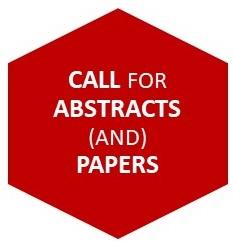 We expect 1000 participants from across the globe! BE PART OF IT!
We expect 1000 participants from across the globe! BE PART OF IT!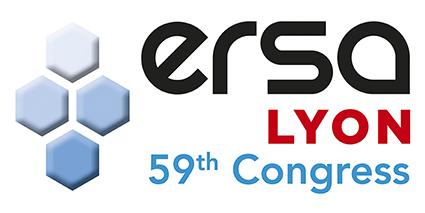
 Join us on Twitter
Join us on Twitter 